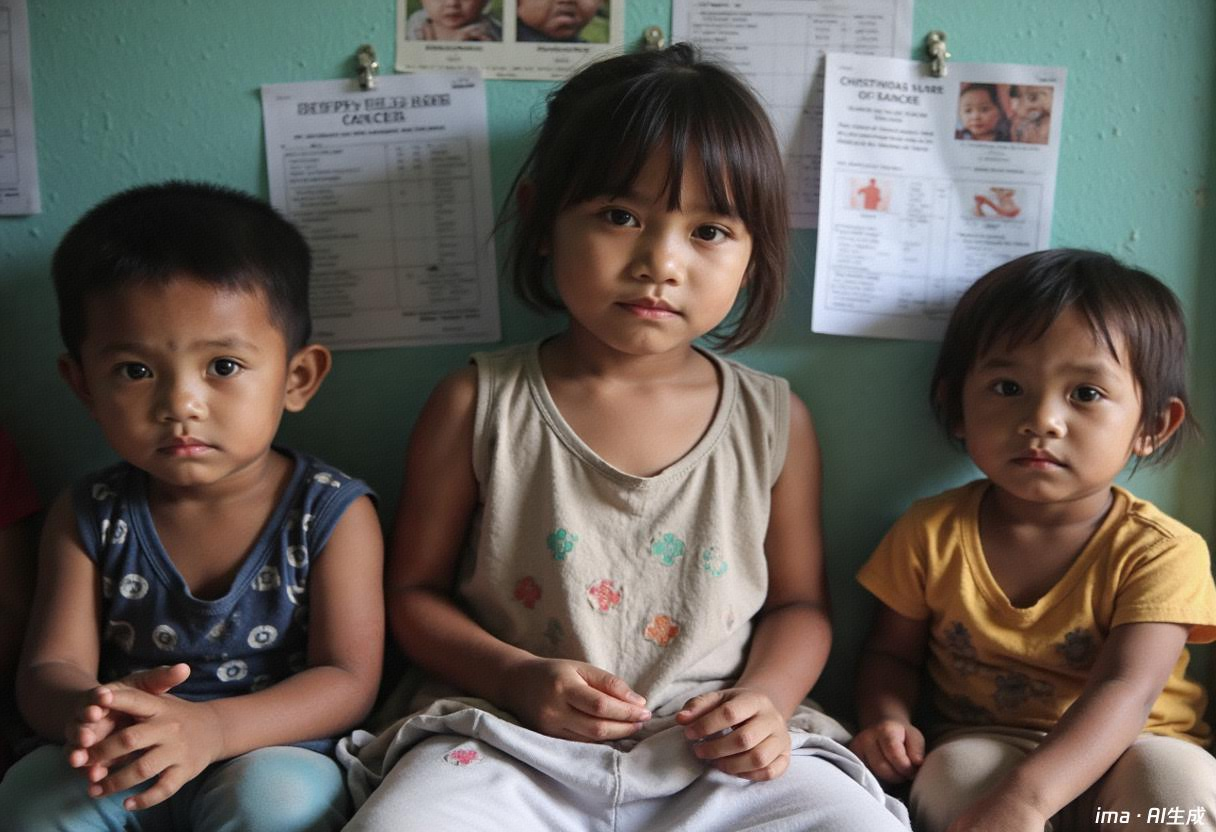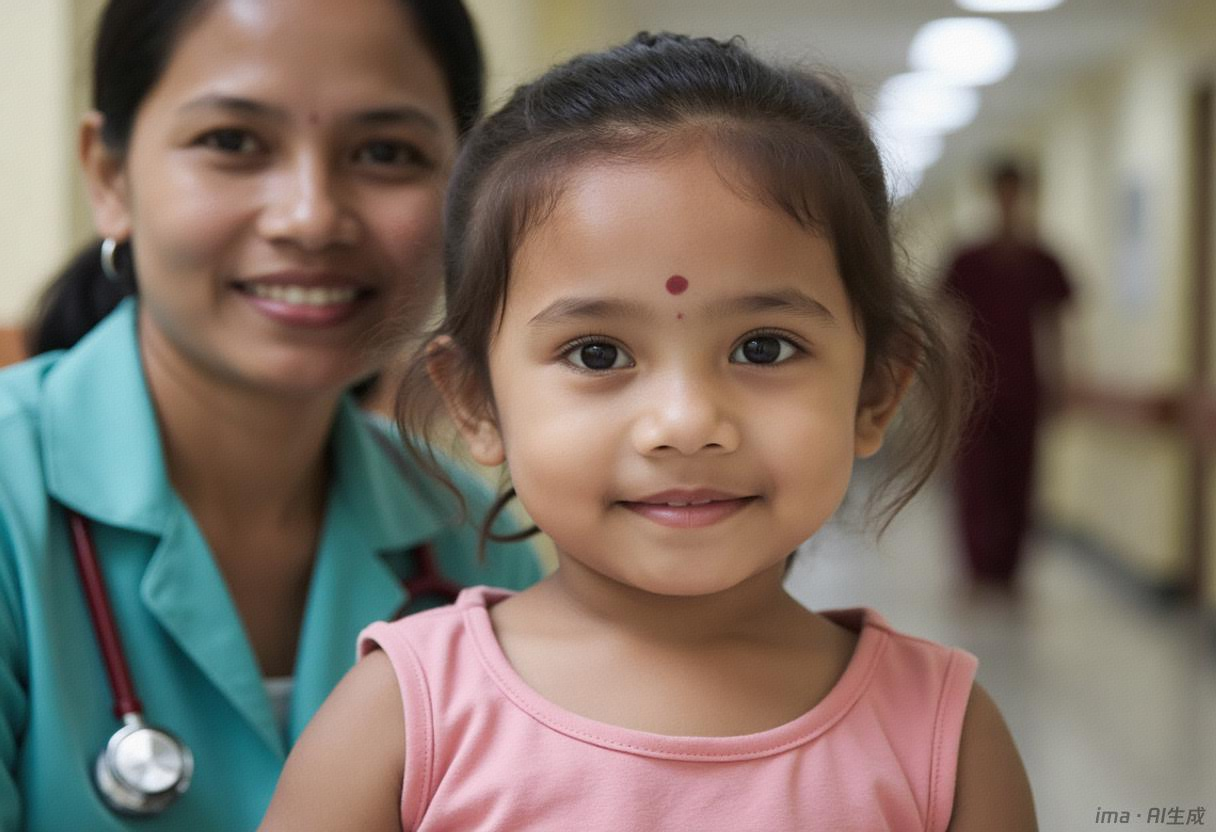Immune System
Immune System
Summarize
main points
- Surgery to remove the spleen increases the risk of delayed effects on the immune system.
- Long-term effects on the immune system can lead to infection.
- Children who have had their spleen removed may need to use antibiotics to reduce the risk of infection.
Epidemiological
not have
Etiology & Risk Factors
risk factor
The risk of developing health problems affecting the immune system is increased after receiving the following treatments:
- Surgery to remove the spleen.
- The spleen was subjected to high-dose radiation therapy, resulting in splenic failure.
- Graft-versus-host disease occurred after stem cell transplantation, leading to failure of spleen function.
Possible health problems
The long-term effects on the immune system can increase the risk of severe bacterial infections, which are higher in young children than older children and may be greater with early infections following spleen failure or surgical removal.
Classification & Staging
not have
Clinical Manifestations
S&S
- Redness, swelling or heat in a part of the body
- Pain in a part of the body, such as the eye, ear or throat
- have a fever
- Infections can cause other symptoms related to body parts. For example, lung infections can cause coughing and difficulty breathing
Clinical Department
not have
Examination & Diagnosis
not have
Clinical Management
not have
Prognosis
not have
Follow-up & Review
not have
Daily Care
Prevention and health care
Daily antibiotics can be used for children under 5 years of age whose spleen no longer functions or who have had a splenectomy for at least one year. For some high-risk patients, antibiotics can be used daily throughout childhood and adulthood.
In addition, children at higher risk of infection should be vaccinated regularly throughout adolescence to prevent the following:
- pneumococcosis
- meningococcosis
- B type Haemophilus influenzae (Hib) disease
- DTP (DTaP)
- hepatitis B
Talk to your child's doctor about whether other childhood vaccinations are needed before cancer treatment.
Cutting-edge therapeutic and clinical Trials
not have
References
Source:
PDQ® Pediatric Treatment Editorial Board. PDQ Late Effects of Treatment for Childhood Cancer. Bethesda, MD: National Cancer Institute. Website: https://www.cancer.gov/types/childhood-cancers/late-effects-pdq. Date accessed: July 24,2018. [PMID: 26389365]
Translated by Qian Yueping (Senior Manager, Medical Device Industry, Medical Clinical Affairs Department, PhD in Biology)
Audit specialists
not have
Search
Related Articles

Relaxation Therapy & Peace Care
Jul 03, 2025

Rare Childhood Tumour
Jul 03, 2025

Inflammatory Myofibroblastoma
Jul 03, 2025

Langerhans Cell Histiocytosis
Jul 03, 2025

Angeioma
Jul 03, 2025